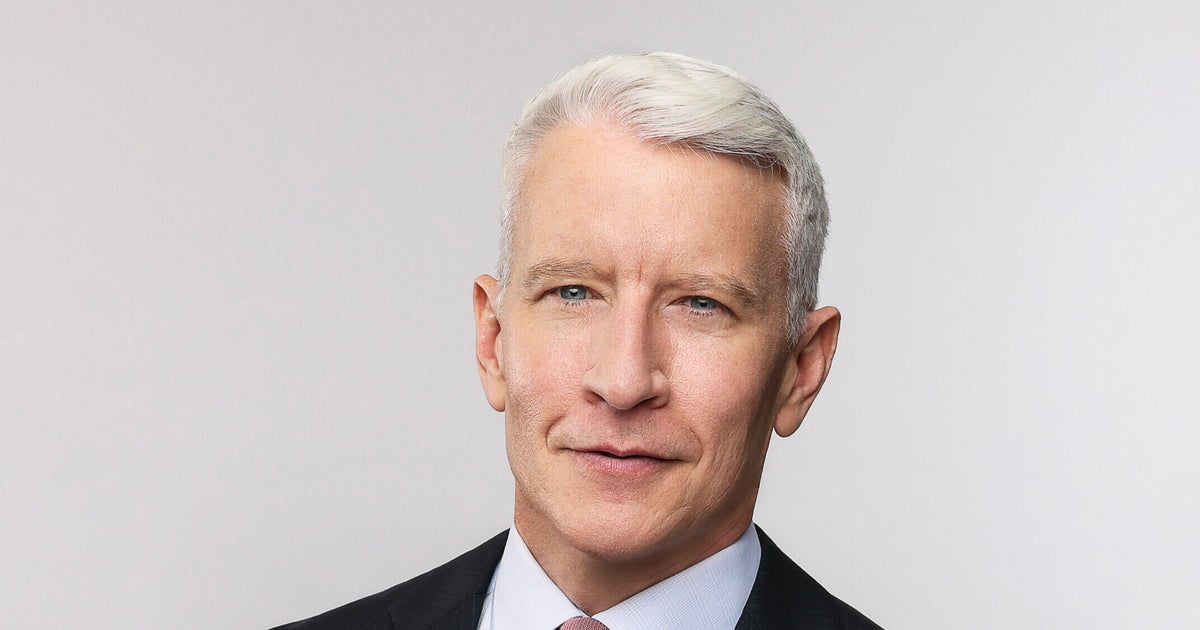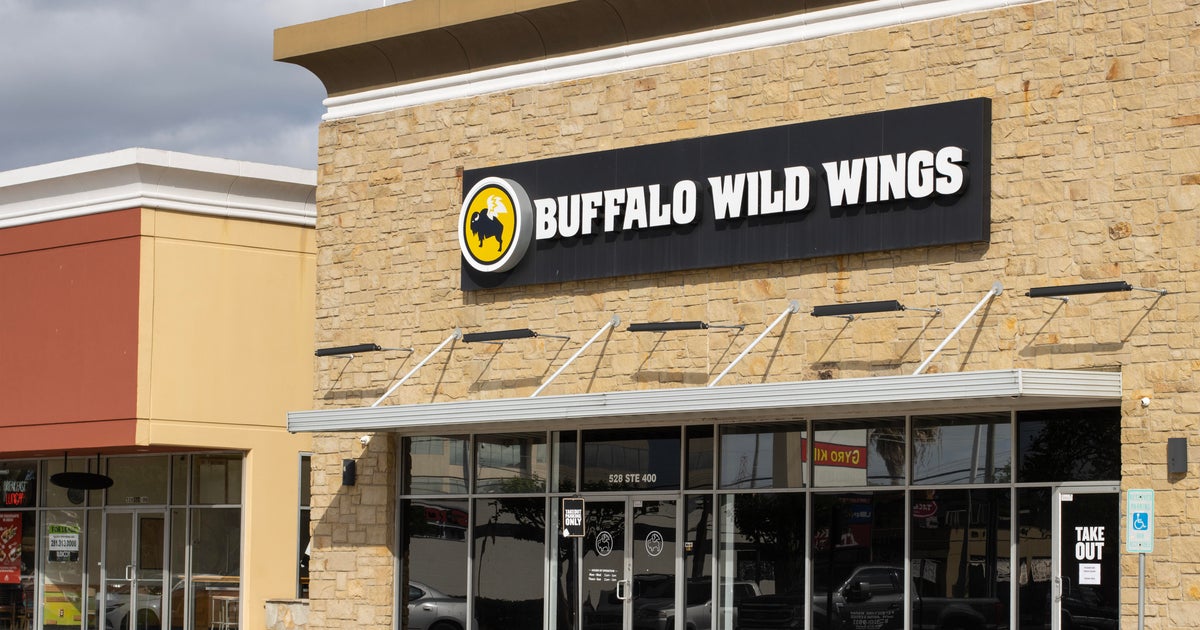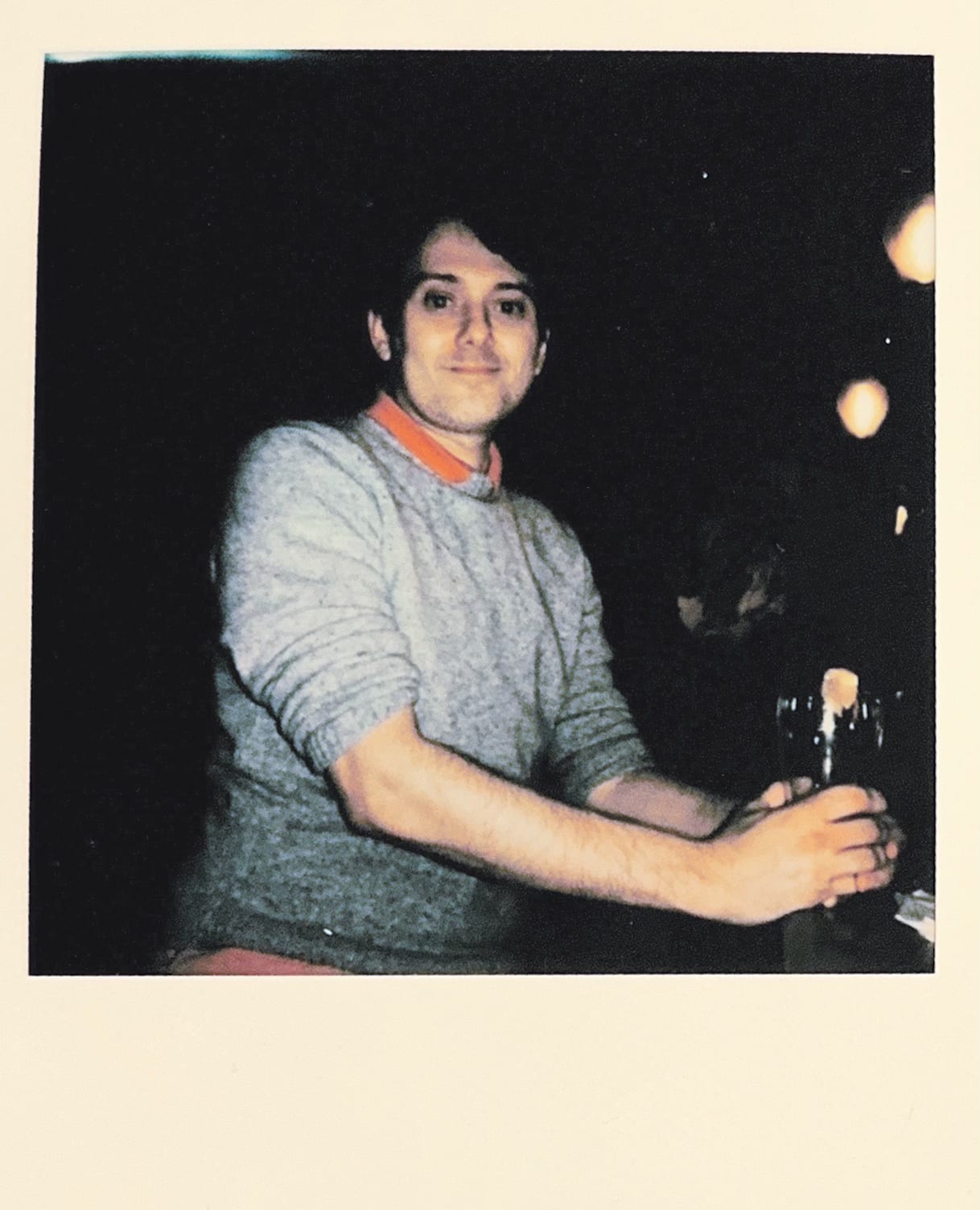Purdue Pharma continued deceptive sales practices for OxyContin after 2007, whistleblower says
A former sales representative for Purdue Pharma tells CBS News the drug maker continued to engage in deceptive sales practices for its opiate painkiller OxyContin, later than the company previously acknowledged. In a 2007 settlement with the federal government, the company acknowledged it falsely promoted OxyContin as less addictive than its rivals. Purdue at the time claimed its "misstatements" ended in 2001 as it paid more than $600 million in penalties.
CBS News correspondent Tony Dokoupil sat down with Carol Panara, who joined Purdue Pharma as a sales representative in 2008. She claims she was trained to address doctors' concerns about addiction by suggesting patients could be experiencing "pseudoaddiction." The company suggested the patients might only appear to be addicted, when in fact they're just in pain.
"So the cure for 'pseudoaddiction,' you were trained, is more opioids?" Dokoupil asked.
"A higher dose, yes," Panara said.
"Did this concept of pseudoaddiction come with studies backing it up?"
"We had no studies. We actually -- we did not have any studies. That's the thing that was kind of disturbing, was that we didn't have studies to present to the doctors," Panara responded.
In a statement, Purdue Pharma tells CBS News: "Purdue is confident that its past marketing and sales of its prescription opioid medications have been consistent with the information contained in the FDA-approved label as the agency oversees the risks and benefits of prescription medications … Purdue is committed to working collaboratively with all those impacted by this public health crisis to help stem the tide of opioid related deaths and addiction."



